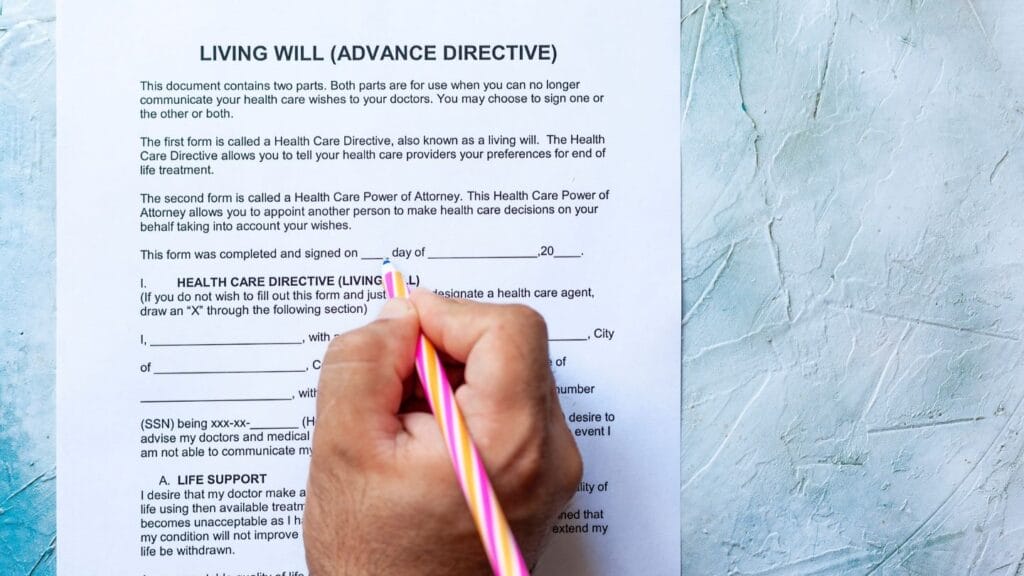
Preparing for the end of life is not an easy topic for anyone. But advance directives, also known as living wills, are a major part of the medical decision-making process easier, said Dr. Ferdinando Mirarchi, chief executive officer, chief medical officer and founder of US Acute Care Solutions’ MIDEO platform.
“Advance directives are documents that convey what patients want as far as types of measures and treatments in addition to the ability to [direct] healthcare agents and decision makers,” Mirarchi told McKnight’s Home Care Daily Pulse.
He explained that the most common advance directive is the living will, which conveys your wishes when you are terminally ill or can’t speak for yourself. A healthcare power of attorney — another advance directive — is an appointed decision-maker who can speak for you.
Mirarchi has set out to make the process of creating an advance directive that much easier. MIDEO is an acronym which stands for “My Informed Decision on VidEO.” With the help of the platform, users can record a video detailing advance directives for medical personnel to watch upon treatment. These videos can be accessed via QR code on ID cards carried by patients. It has been structured to be both a video advance directive and portable physicians medical order that is prescriptive, clarifies existing documents and retrievable in seconds. Mirarchi says it is not intended to replace the traditional pen-and-paper method but to supplement it.
Paper-based directives can create problems, he explained.
“If you just focus on paper-based directives, there becomes what we call a lot of discordant medical errors in your care because they’re guessing if you still wanted these types of interventions,” Mirarchi said. “They’re making it an educated guess because you can’t speak for yourself. What ends up happening from that guess is there’s what we call discordant care or a medical error in your care. Typically, what we see is that patients that have bad directives essentially get either too much care or too little care.”
Mirarchi recommends completing advance directives as soon as possible. Major life events such as marriage, having children or receiving medical diagnoses are great opportunities to put the pen to paper — and push the record button.
“We consider it best practice to have this process led by a physician or an advanced practice provider like a physician assistant or nurse practitioner,” Mirarchi said. “And we consider it best practice to do medical consultations on our patients and essentially make sure that we’re providing what we call disease-specific advance care planning rather than just a one-size-fits-all type of planning because we know all patients are different.”
Home Sweet Home is a feature appearing Mondays in McKnight’s Home Care Daily Pulse. The story focuses on a heartwarming, entertaining or interesting happening affecting the world of home care. If you have a topic that might be worthy of the spotlight in Home Sweet Home, please email Special Projects Coordinator Foster Stubbs at [email protected].

